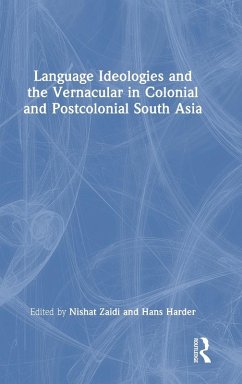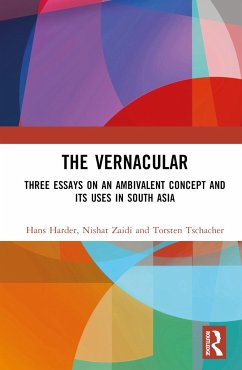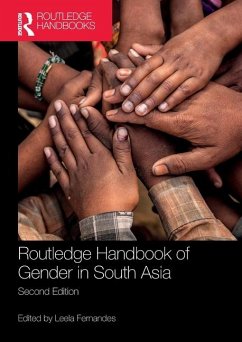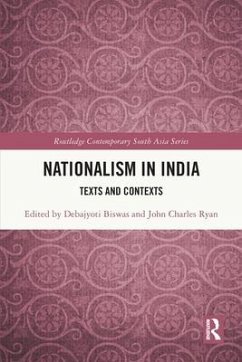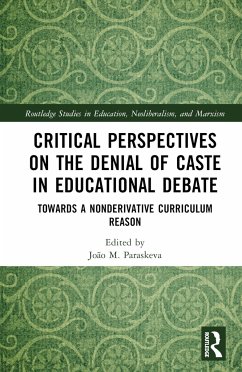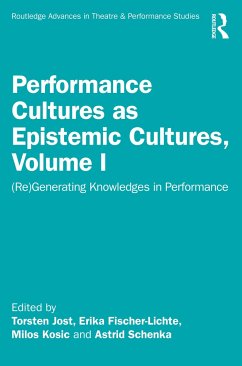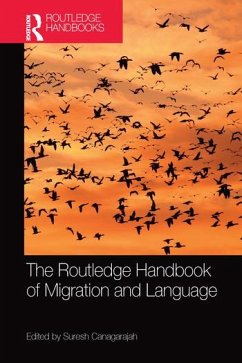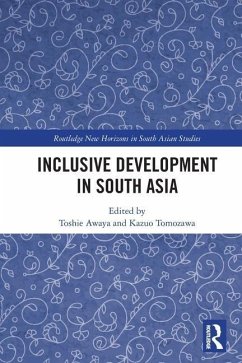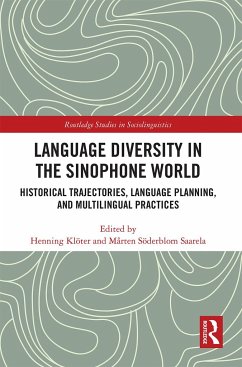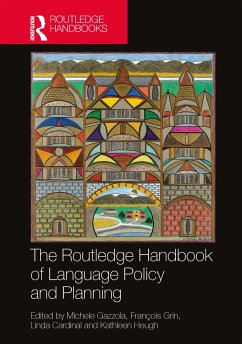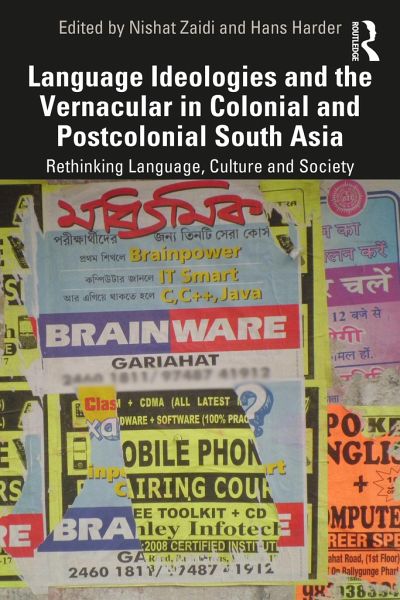
Language Ideologies and the Vernacular in Colonial and Postcolonial South Asia
Versandkostenfrei!
Versandfertig in 6-10 Tagen
43,99 €
inkl. MwSt.

PAYBACK Punkte
22 °P sammeln!
This volume critically engages with recent formulations and debates regarding the status of the regional languages of the Indian subcontinent vis-à-vis English. It explores how language ideologies of the "vernacular" are positioned in relation to the language ideologies of English in South Asia.The book probes into how we might move beyond the English-vernacular binary in India, explores what happened to "bhasha literatures" during the colonial and post-colonial periods and how to position those literatures by the side of Indian English and international literature. It looks into the ways ver...
This volume critically engages with recent formulations and debates regarding the status of the regional languages of the Indian subcontinent vis-à-vis English. It explores how language ideologies of the "vernacular" are positioned in relation to the language ideologies of English in South Asia.
The book probes into how we might move beyond the English-vernacular binary in India, explores what happened to "bhasha literatures" during the colonial and post-colonial periods and how to position those literatures by the side of Indian English and international literature. It looks into the ways vernacular community and political rhetoric are intertwined with Anglophone (national or global) positionalities and their roles in political processes.
This book will be of interest to researchers, students and scholars of literary and cultural studies, Indian Writing in English, Indian literatures, South Asian languages and popular culture. It will also be extremely valuablefor language scholars, sociolinguists, social historians, scholars of cultural studies and those who understand the theoretical issues that concern the notion of "vernacularity".
The book probes into how we might move beyond the English-vernacular binary in India, explores what happened to "bhasha literatures" during the colonial and post-colonial periods and how to position those literatures by the side of Indian English and international literature. It looks into the ways vernacular community and political rhetoric are intertwined with Anglophone (national or global) positionalities and their roles in political processes.
This book will be of interest to researchers, students and scholars of literary and cultural studies, Indian Writing in English, Indian literatures, South Asian languages and popular culture. It will also be extremely valuablefor language scholars, sociolinguists, social historians, scholars of cultural studies and those who understand the theoretical issues that concern the notion of "vernacularity".





